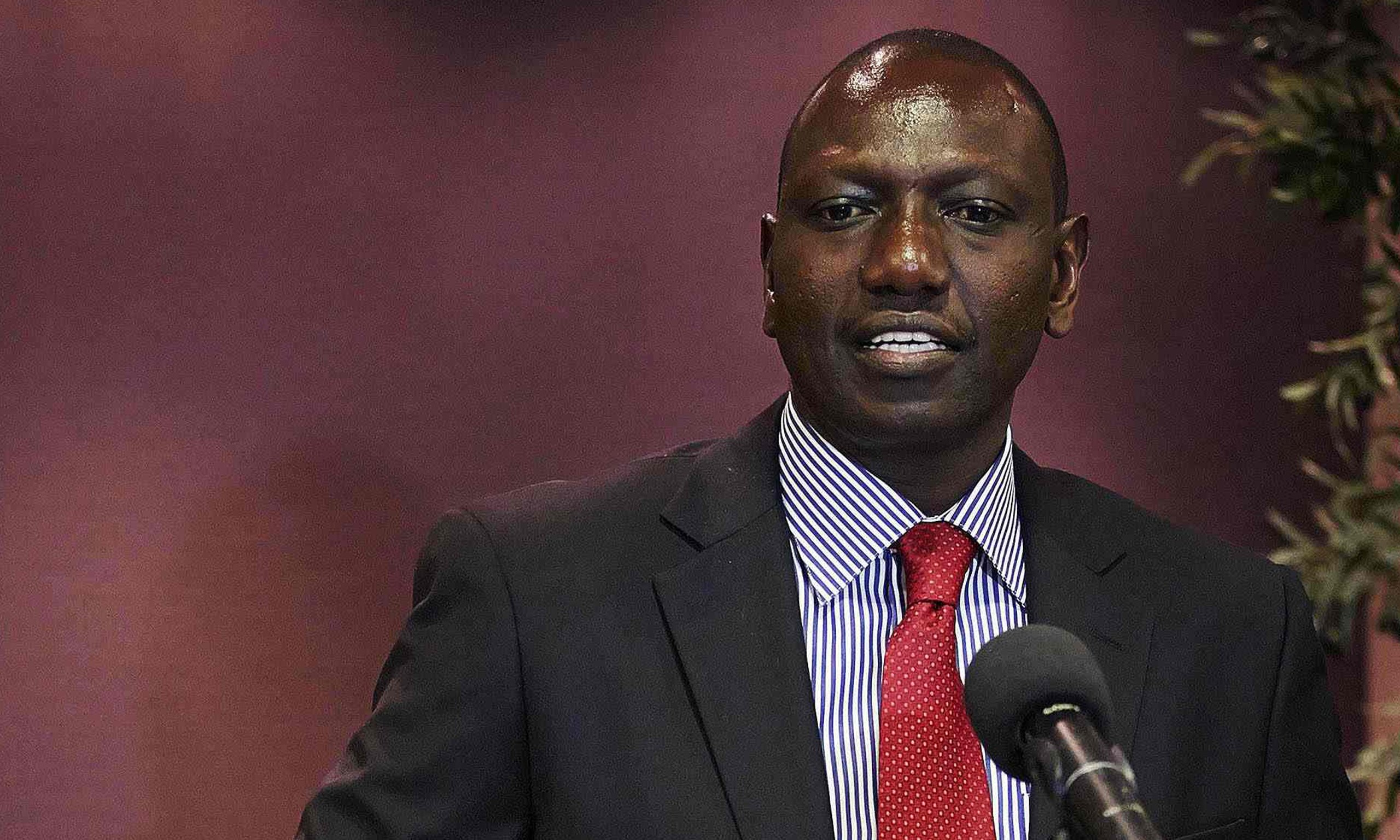By Dennis Kahindi
Like many other children, ours have been home for just over ten days. While the sudden withdrawal from school has disrupted their routines, many teachers have continued to engage them, as they should, in-class exercises through various media, including email and WhatsApp class exercises.
Last week the Rotary Fraternity received the news of the death of Ann Muhangi, President of the Rotary Club of Acacia Sunset. In the past, Rotarians would have condoled together at a vigil and requiem memorial in person. Unfortunately, we had to make do with attending the service via the Go-To-Meeting App on our phones.
Days earlier, following the first of many Presidential Directives in response to the COVID-19 pandemic, social media was awash with adverts of church times on NBS and NTV for the Christian fraternity. Churches were part of early adopters of the change occasioned by the ban of mass gatherings by the President, less than ten days back, now Sundays are couch-church days.
These examples speak to the disruption that the COVID-19 pandemic has changed the way we work, school, live and worship; and while a few of these disruptions will fade away with the virus, some aspects of the new normal will stay with us for a long time.
Remote working may not be the new normal for all companies, for instance, but many companies will realise the benefits from the “forced” work-from-home.
Schools are closing and students are now learning athome, as teachers embrace digital tools using virtual education. For the schools that are not, local television stations are broadcasting lessons for the candidate classes freely to our children.
Most of this feels like a stop-gap reaction, but the learnings are forever. COVID-19 has precipitated a socio-economic experiment with you and me as pawns. Now I choose to listen to either Pastor Isaac Kiwewesi of Kansanga Miracle Centre on Facebook or Steven Furtick of the Elevation Church in California by flipping through my pages.
With each passing Presidential directive on #StayHome, there area measurable spike in the number of at-home workers and or students; with each such peak, technology takes centre stage.
In anticipation of thelockdown, Liquid Telecom Uganda simulated a Work-From-Home (WFH) scenario on 11th March 2020, and the learnings from that critical activity have been successfully implemented across the Group. In shiftingfrom the office to home,we recognisethat we must work differently or Business Unusualas some are referring to it. In addition to laptops and phones, ‘connectivity’which is the vital ingredient.
In the last ten days, the demand for digital and connectivity services has soared. Before the total lockdown, we had almost 300 requests for home connectivity each week – unprecedented. Frost & Sullivan’s data reveals that this wave of working from home is creating an unparalleled base of new users as well as a rapid rise in usage among existing users that will leave an indelible impact on technology adoption and growth in years to come.
The data is continuously changing, and the only constant is an upward trend in remote working. Microsoft Teams, Go-To-Meeting and Zoom are up by significant percentages in the world, and Uganda is no different. At Liquid Telecom, a lot of office-based staff connect using Microsoft TEAMS – shifting us from a physical to a virtual world of meeting and continued collaboration as we maintain continuity of our business operations and helping our customers to do the same.
In the end, this is a wakeup call for many organisations to reduce the cost of real estate perhaps, trust and empower their staff and help to reduce congestion during the daily commute to and from work as the unlikely. Yet, a clear path to the new normal becomes a reality – this can only be good for our planet!
In a conversation with one of our staff, a Senior Core Network Engineer, about their experience this far in working from home, this is what he shared: “Surprisingly” he says excitedly, “I’m a lot more productive working from home. I work ‘smarter’ and now more productive than ever. This is because my boss trusts me and I deliver results – you don’t have to be in the office to be working, but I do miss lunch with my colleagues.”These sentiments will be repeated by many more, and more challenge the status quo by embracing the new normal.
As we consider the impact of the virus, we must also reflect on the potential disruption to our lives and not denying that COVID-19 has set us on a clear path for the new normal. Staying connected is vital. Is your church, business or life ready for the new normal?
The author is the Chief Executive Officer, Liquid Telecom Uganda





